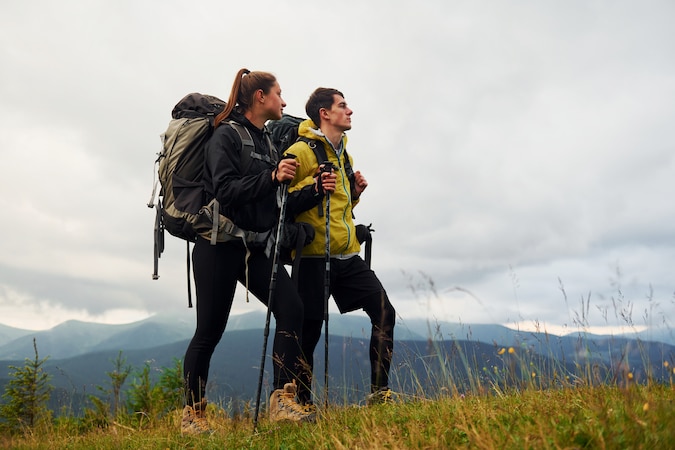
Best Specialty Health Prevention Advice for Hikers and Travelers

Health prevention is critical, especially when exploring regions with tall grasses, wild animals, or tropical climates. For your safety and well-being, it’s vital to know how to protect yourself from vector-borne diseases like dengue fever, tick bites, and leishmaniasis.
Here’s what we’ll cover:
- Effective clothing and gear tips for tick prevention.
- Key repellents to safeguard against tropical diseases.
- Health check strategies to identify ticks and other risks early.
1. Dress the Part: Clothes as Your First Line of Defense

One of the simplest and most effective health prevention strategies involves proper attire. If you’re planning walks or hikes in tall grasses or areas with wildlife, here’s what you need to do:
- Wear long pants and tuck them intotall boots.
- Opt for light-colored clothing to make ticks easier to spot.
- Choose tightly woven fabrics to prevent ticks from attaching.
For outdoor enthusiasts exploring rural regions, taking these precautions can significantly reduce the risk of tick bites.SelfGoodoffers essential tips and resources for proactive health measures tailored to different environments.
Visit SelfGood to learn more about health prevention strategies.
2. The Power of Insect Repellents: Choose Wisely
When traveling to tropical countries or areas near bodies of water and dense vegetation, insect repellents are a must. Without them, you expose yourself to diseases like:
- Dengue Fever: Caused by mosquito bites, dengue can lead to high fever, joint pain, and severe complications.
- Leishmaniasis: A parasitic disease spread through sandfly bites, leading to skin sores and systemic infections.
Top Repellent Tips:
- Use products containingDEET,picaridin, orpermethrin.
- Apply repellent on both exposed skin and clothing.
- Reapply repellent as per product instructions, especially after sweating or swimming.
Don’t underestimate these diseases. They may not be common in non-endemic regions, but delayed diagnosis can complicate treatment and recovery.
3. Post-Walk Tick Checks: Early Detection is Key
Ticks are tricky—they latch onto hidden areas of the body and go unnoticed for hours or days. After outdoor activities, you must thoroughly check for ticks to prevent diseases like Lyme disease.
How to Check for Ticks:
- Use ahandheld mirrorto inspect difficult-to-see areas, such as the back of your knees, neck, and underarms.
- Ask a trusted friend or family member to assist you.
- Shower immediately after walks to wash away unattached ticks.
Remember, early removal of ticks (ideally within 24 hours) can prevent infections.
For more advice on keeping yourself safe in tropical or rural areas, explore our health tips blog for additional resources.
4. Be Cautious Near Bodies of Water and Vegetation
Bodies of water and dense vegetation in tropical areas often harbor disease-carrying insects or parasites. Before visiting these areas, take preventive actions:
- Wear protective clothing treated with insecticide (e.g., permethrin).
- Avoid stagnant water where mosquitoes thrive.
- Stay indoors during dawn and dusk when mosquitoes are most active.
Proactive Health Planning
Before traveling, ensure you have the right vaccinations, medications, and protective supplies. Having comprehensive health insurance that covers tropical diseases can save you from unexpected medical expenses.
5. Take Action: Secure Your Health Insurance for All Situations
Whether you’re hiking at home or exploring tropical regions abroad, comprehensive insurance coverage can make a significant difference. It’s important to choose a plan that addresses potential risks, such as vector-borne diseases and emergency treatments.
Discover the besthealth insuranceplans tailored to your travel and adventure needs. Visit our health insurance page to explore your options and ensure you’re covered for every situation.




